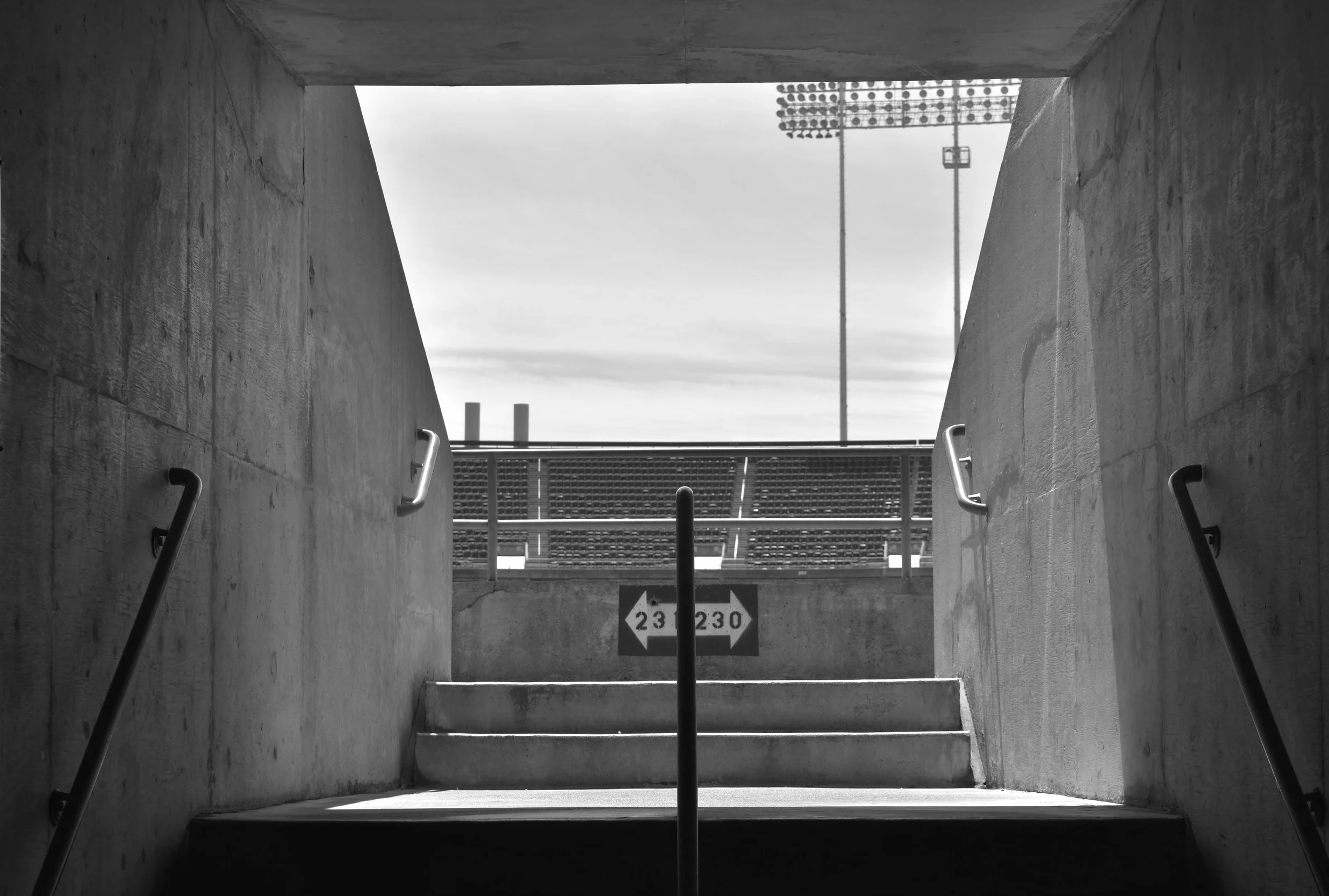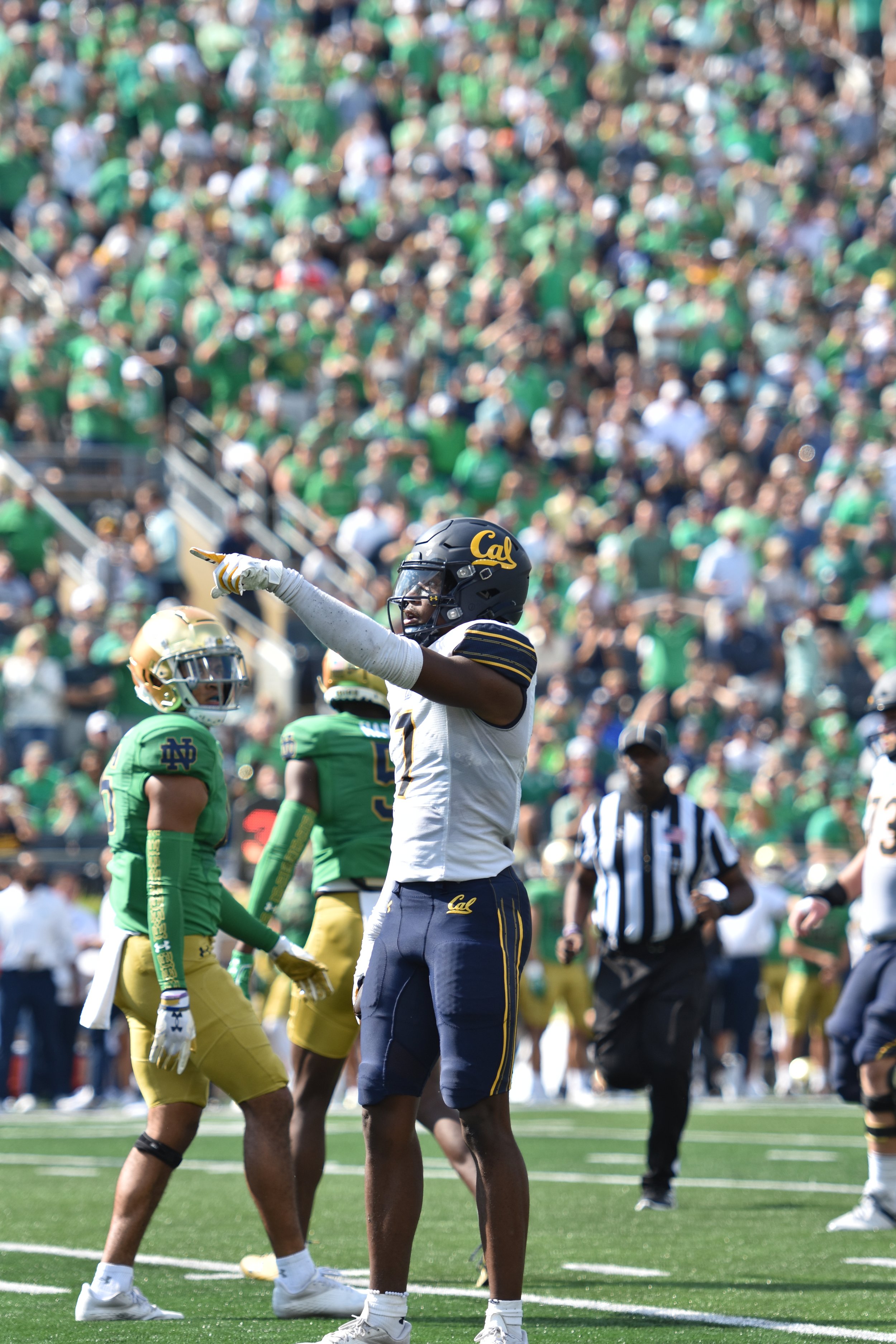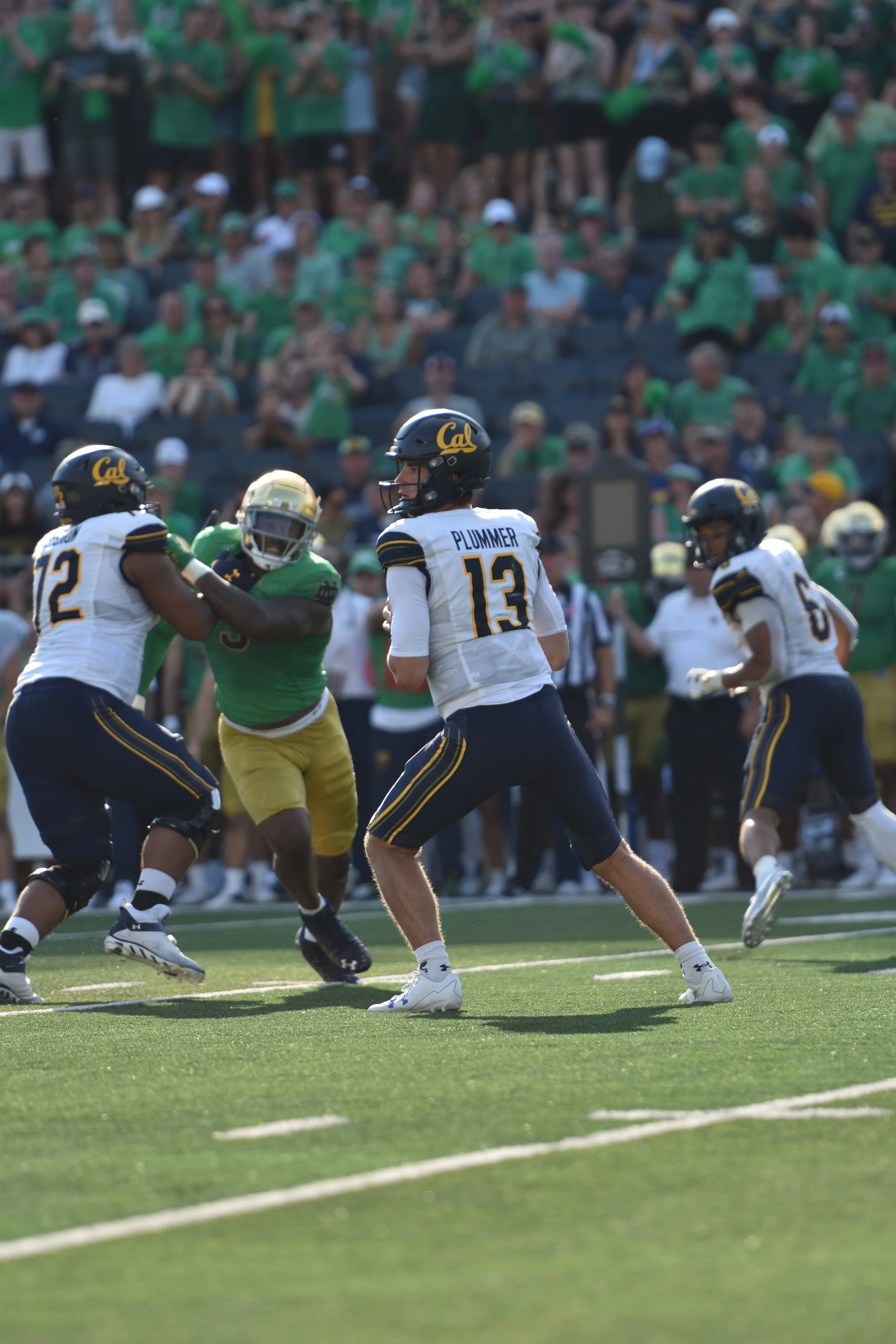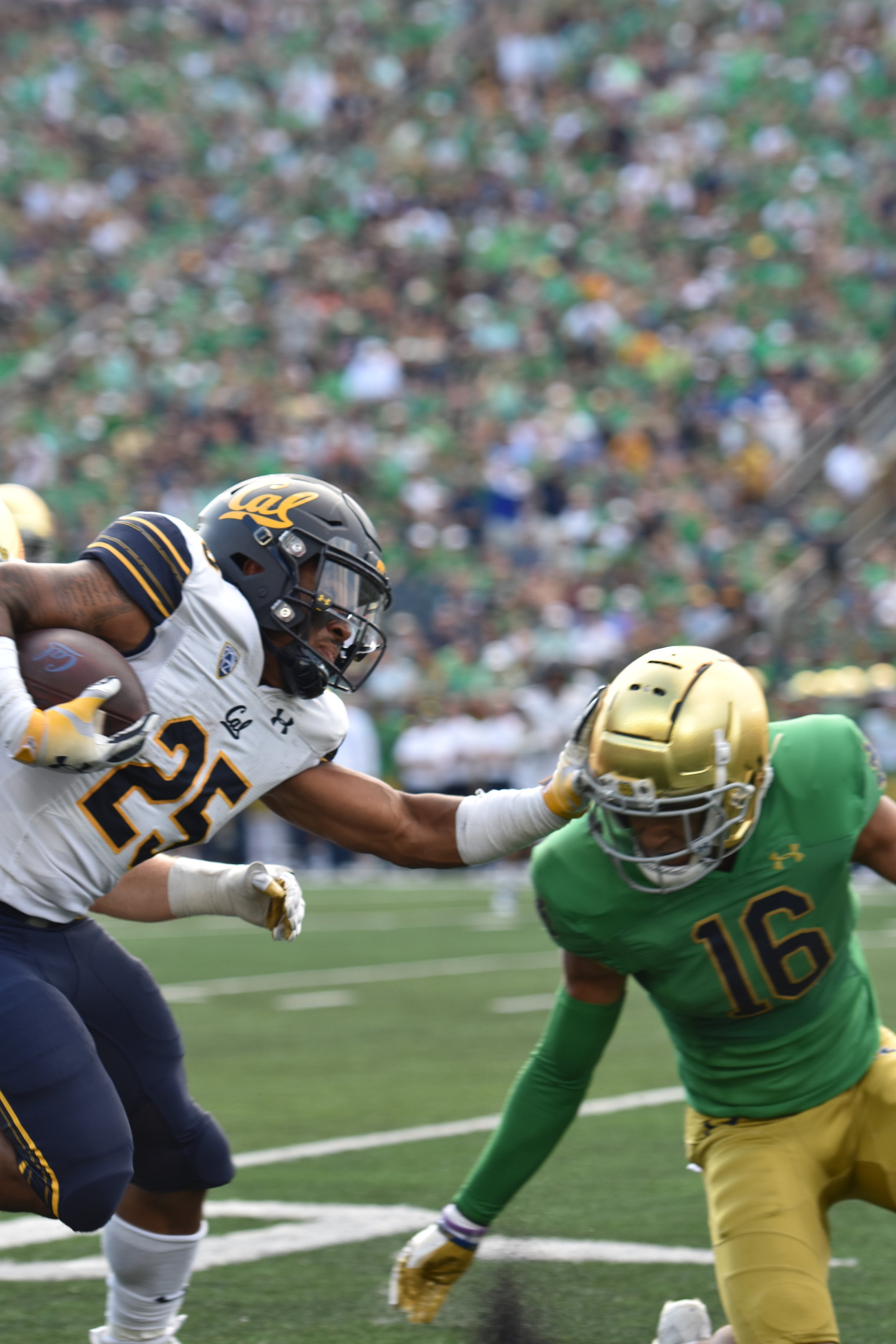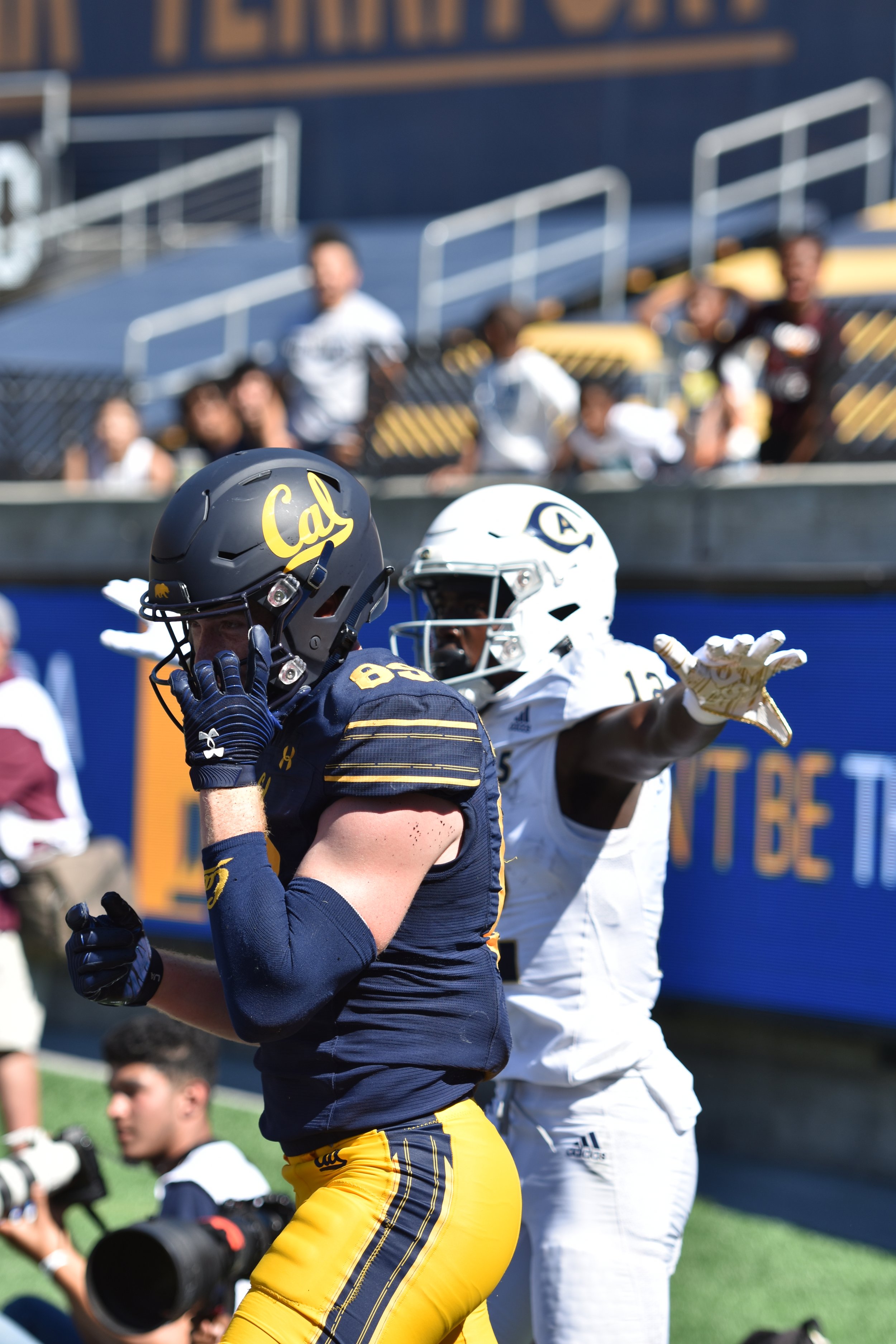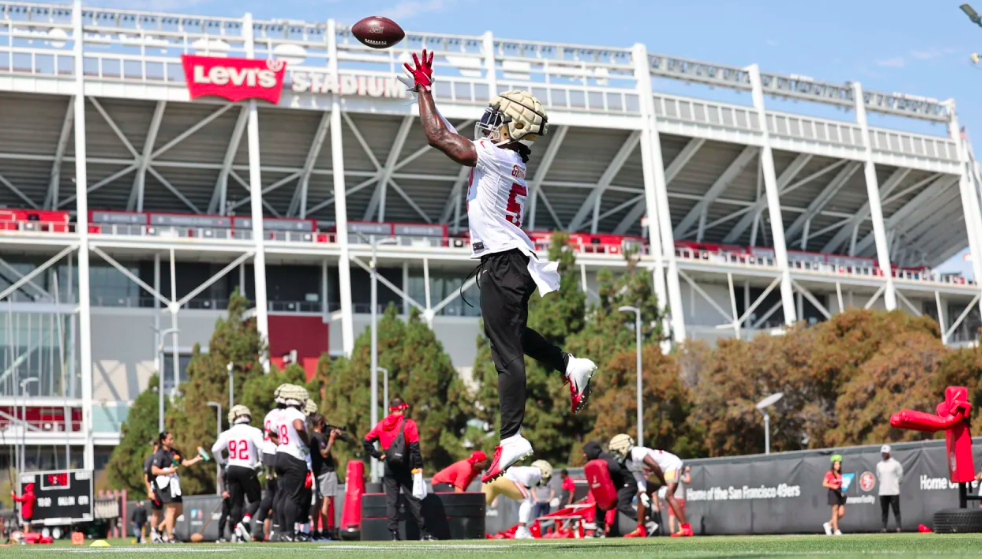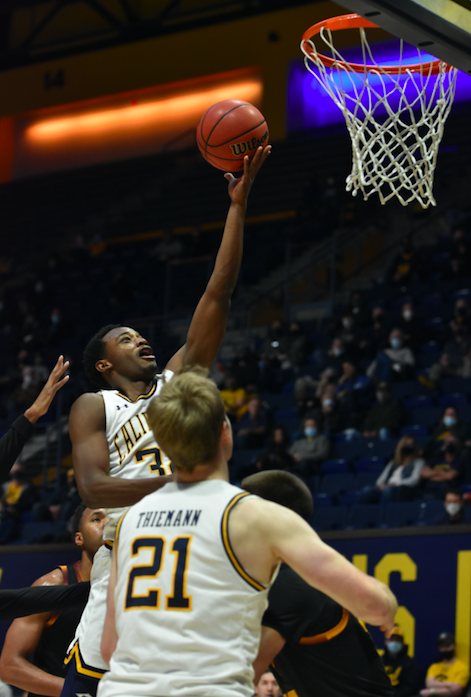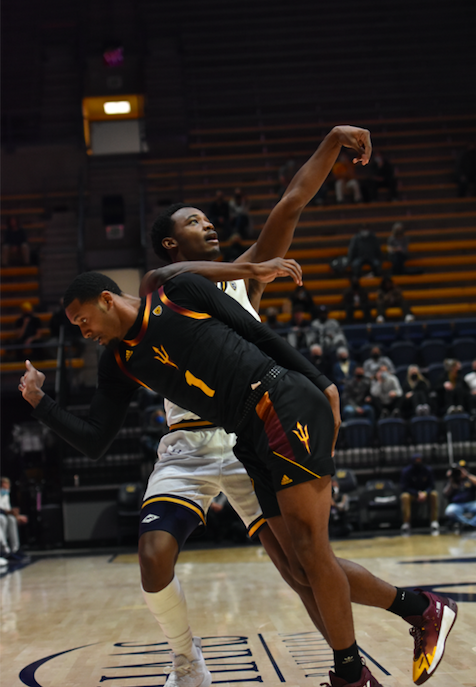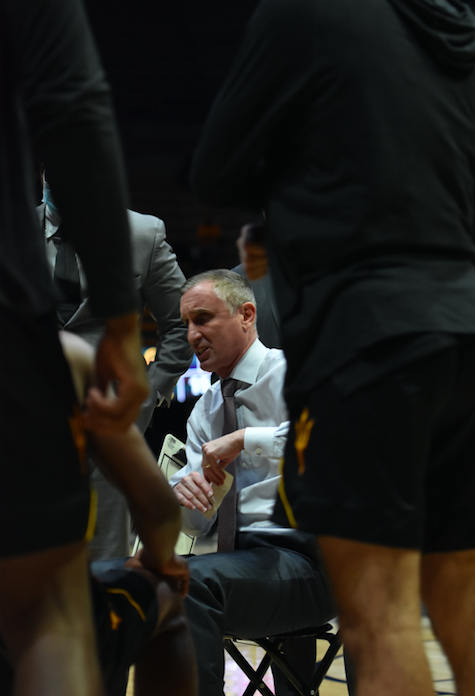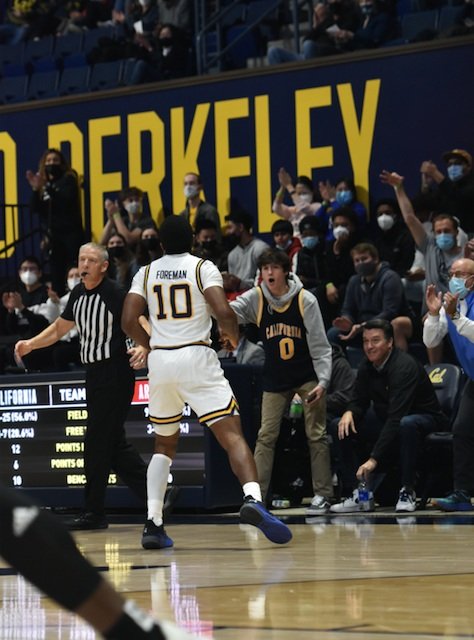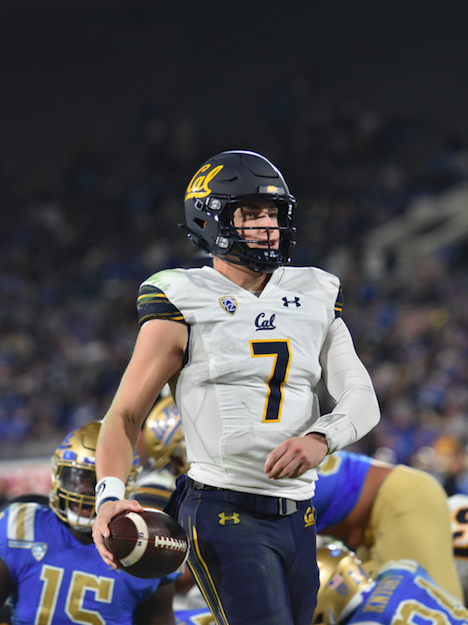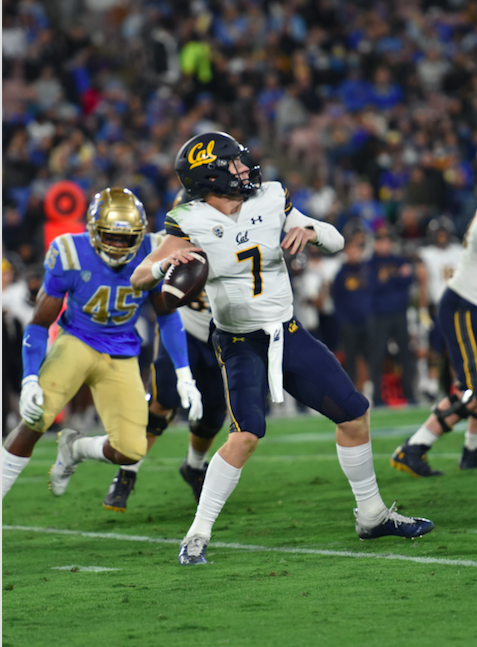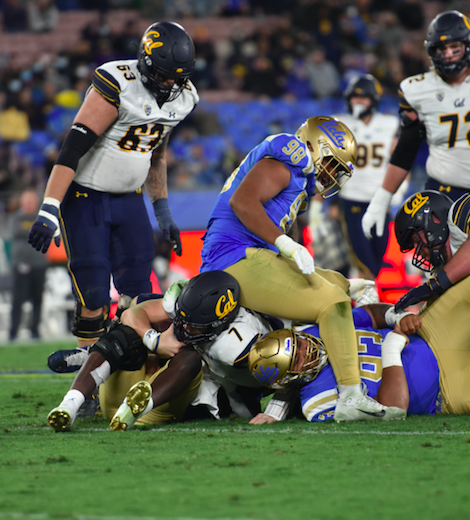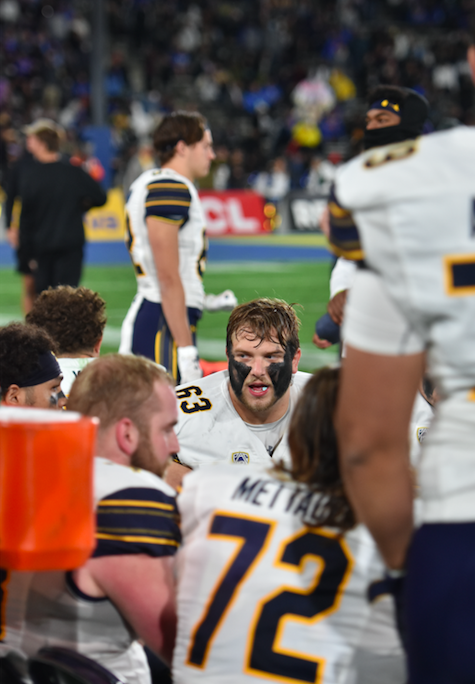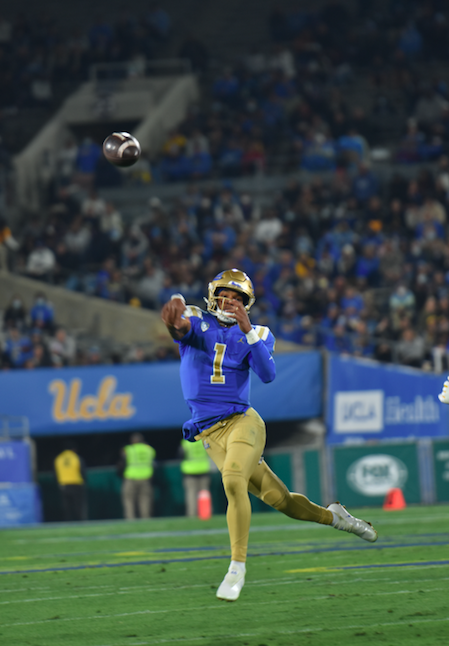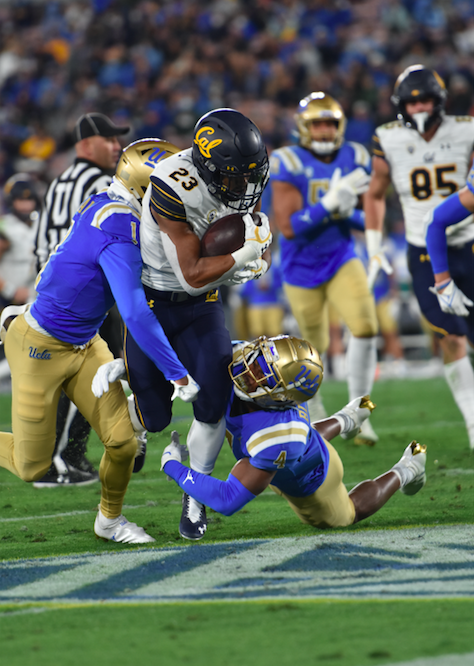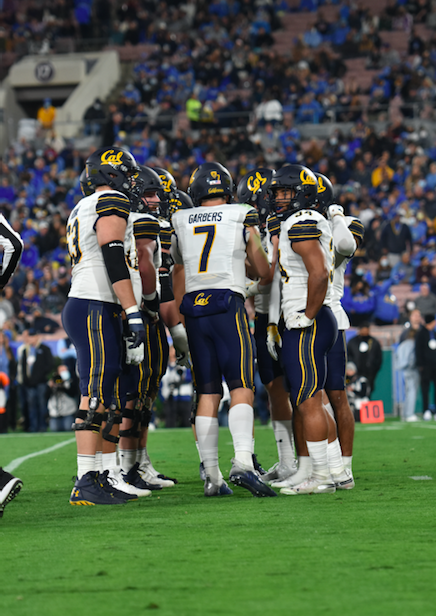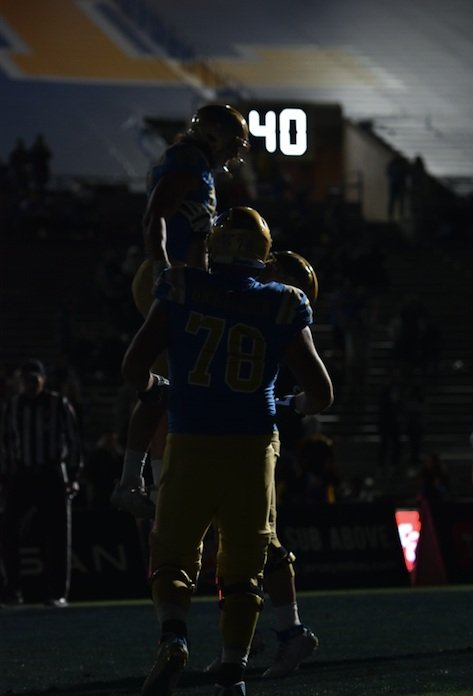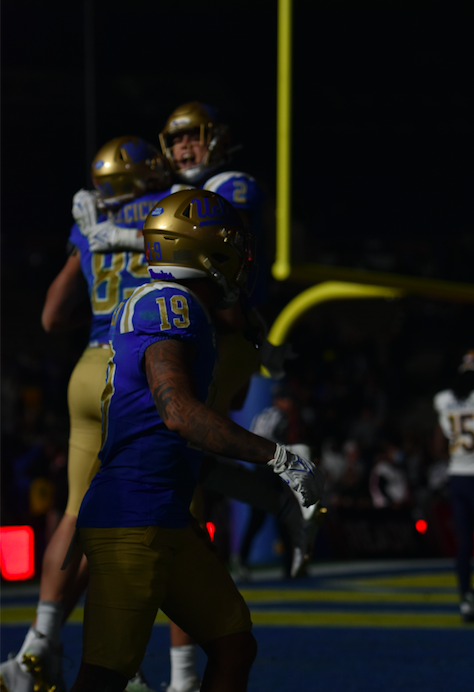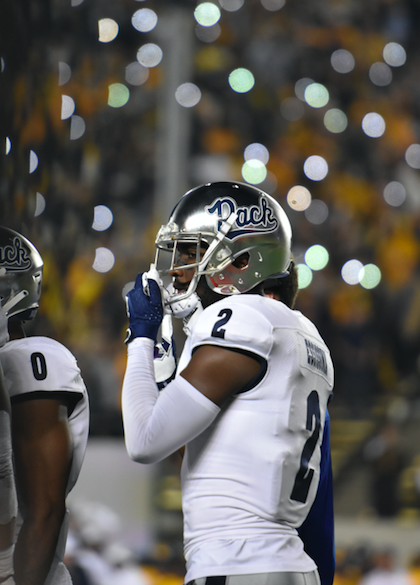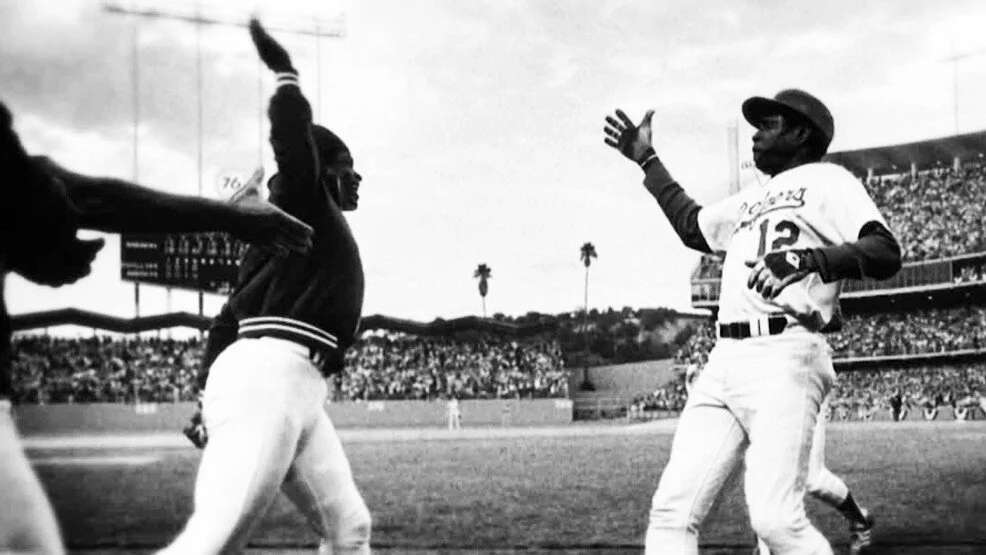Q & A with author Andrew Maraniss:
1. After reading this book, the reader learns a great deal about the "culture wars" of the 1970's. The book not only teaches you about Glenn Burke and his time playing Major League Baseball as a gay man, but the book also goes into detail about the struggle for gay rights in cities like Oakland and San Francisco. Was this your original intention? To write a book that goes into the general history of the struggle for gay rights?
Yes, with all my books I think it is important to place the character in the context of the place and times in which they operated. My first book, about the first Black basketball player in the SEC, deals a lot with the civil rights movement in the South during the 1960s. My second book, on the first US Olympic men’s basketball team, takes place in Nazi Germany in 1936, so the social and political context was incredibly important. With this biography of Glenn Burke, I wanted to show how his experience as a gay player in the Major Leagues was shaped by the attitudes, events, and people on both sides of the struggle for gay rights. There’s never been a baseball book that has done that before, so it was an opportunity to contribute to the baseball genre in a new way.
2. Glenn was faced with so much adversity during his short life. He not only had the stress of being a gay pro athlete, but his father also was not there for him at all, his sister was murdered, he was hit by a high-speed car and he was diagnosed with AIDS. Which of these events do you think were the toughest to overcome for Glenn, based on your interviews and research?
Well, the obvious answer is AIDS, since the disease killed him. But getting hit by the car was a very important turning point in Glenn’s life. Prior to that accident, his identity had always been first and foremost as an athlete. He was a terrific high school basketball player and a good enough baseball player to make the Major Leagues and start in the World Series. Even after he was driven out of pro baseball by homophobic management of the Dodgers and A’s, he continued to shine as an athlete on the gay softball circuit in San Francisco and during the first two Gay Games. But when his legs were broken in the accident, he lost his identity as an athlete and began to experiment with drugs more seriously as a way to ease the physical and emotional pain. This is when you see his life begin to spiral out of control.
3. In Chapter 10 you write "American psychiatrists had considered homosexuality a mental illness until 1973, and gay sex was still a criminal offense in most states." Is it crazy to you to think that's how it was in America so recently? It seems easy to forget how much Glenn had to deal with. Were there other laws that you encountered in your research for the book that were surprising to read in retrospect?
It’s not crazy to me because we still see so much homophobia in our country today. Much has changed since then, but there is still a strong segment of conservative America that seeks to limit the rights of LGBTQ citizens by enacting outrageous, homophobic legislation. We just came out of a Trump administration that opposed LGBTQ rights at every turn. Where I live in Tennessee, the Republican legislature and Governor passed a law this year that gives parents the right to opt their children out of lessons dealing with LGBTQ issues or people. They also passed anti-transgender sports legislation and passed resolutions honoring homophobes Rush Limbaugh, Ben Shapiro, and Tomi Lahren. Given the level of anti-gay hate throughout American history, it’s not surprising to see examples of it in Glenn’s day. Just as with overcoming racism and other forms of discrimination, it is a continual struggle to overcome; it’s never over.
4. The 1970’s seemed like such a “free love anything goes” time in America. After reading this book, you are reminded that it wasn’t quite that way. Did you have the same feeling?
We think of today’s country as incredibly polarized, but we see a lot of that same polarization in the 1970s. While great strides were being made in the area of gay rights and women’s rights, there was a strong backlash from people like Anita Bryant and other conservative evangelicals. This dichotomy was obvious to Glenn during his playing days. In the offseason he enjoyed living in the Castro in San Francisco, where he was a very popular figure and could live an open and free life without judgement. But during the baseball season, he found himself in one of the most homophobic environments there is, a professional sports locker room, constantly looking over his shoulder as he kept his secret. It was difficult to bounce back and forth between such freedom and such repression, especially when his livelihood depended on succeeding in the world that would not accept him.
5. Deep down, do you think Burke wanted to be a pioneer? Or just one of the guys? During his playing career he tried to keep his sexual identity quiet, but after his career ended, he spoke up about it. Do you think Burke wanted to talk about being gay during his playing days more than he did? He seemed very outgoing and excited to share who he was.
If society, and baseball in particular, had been more accepting of gay men, I think Glenn would not have attempted to hide it. As you say, he was an outgoing, fun-loving, funny, friendly guy – why would he want to hide an important part of his life? At one point as a minor leaguer, he introduces one of his teammates, an old friend from the Bay Area, to one of his boyfriends. So, you see an example of him testing the waters. And constantly having to make up excuses to avoid social situations with women was exhausting for Glenn. So, if he hadn’t had to worry that his sexuality would cost him his baseball career (which is what ended up happening in the end), I think he would have preferred to just live an honest and open life. But that was never going to happen, and he understood that. When some of his gay friends wanted him to come out of the closet during the 1977 World Series and at other points in his career, he resisted it, knowing it would cost him his career.
6. In Chapter 15, Burke mentions how when he was playing, he knew a lot of other gay major league players who "lived miserable lives" by covering up their sexuality and starting families with women. It seems like Burke was very brave to even continue to stay on his own during that time, with so much pressure to appear to be straight.
Yes, which is one of the reasons I admire his decision to turn down a bribe from Dodger general manager Al Campanis, who tried to pressure Glenn to get married after the 1977 season. Burke said he wasn’t going to do that, even when Campanis offered him a sizable amount of money for “a nice honeymoon.” Standing up for himself in that way cost Burke his career. The Dodgers didn’t want word to get out that they had a gay player, so they traded him to the A’s. Billy Martin said he wasn’t going to let Glenn “contaminate” his team. Glenn was a proud man, and he wasn’t going to let the hate of others dictate the way he lived his life.
7. Overall, how well do you think Tommy Lasorda treated Burke? How did Tommy feel about having a gay son?
As he was coming up in the Dodger minor league system, Burke was highly regarded by Dodger management, including Lasorda. And when Burke first came up with the Dodgers, Lasorda seemed to like his sense of humor and the way he could hit left-handed pitching. But as you mention, Lasorda’s son, Tommy Jr., was gay. That was something Lasorda Sr. would never publicly acknowledge, and he resented Burke’s friendship with his son. That led directly to Campanis’ “marriage proposal” and the trade to Oakland. And then Billy Martin arguably treated Burke worse, never even giving him a chance to play in the Majors.
8. In Chapter 20 you go into depth about A’s owner Charlie Finley. He seems like a very complex man, would you agree? On the one hand we was so open to trying new things, having fun, and being unique. On the other hand, he was very cheap and conservative and tied to traditional values. Did you find this to be true?
Yes, indeed. He had a lot of ideas that were considered crazy at the time by baseball traditionalists that have now become an accepted and ordinary part of the game. He had a knack for identifying young talent, both on and off the field. But as you said, he was notoriously cheap and drove his staff crazy. He is certainly one of the most interesting characters in baseball history. We don’t really see these kinds of colorful characters in baseball anymore, for better and worse.
9. The A’s won back-to-back-to-back titles in 72, 73, and 74, why do you think Finley was so cheap and the A’s were so bad and attendance was so low just a couple years later? Weren’t the A’s essentially a powerhouse in the 70’s?
It is interesting to see how quickly the A’s went from being the most dominant team in the Major Leagues to a laughingstock. The arrival of free agency had a lot to do with that. Finley just wasn’t going to pay a lot to keep his stars, and at the time Burke was with the A’s, he was trying to sell the team. It was assumed by many that they would be sold and move to Denver. At that point, he went from being an incredibly meddling figure (calling his managers at all hours, calling the clubhouse before games to demand certain uniform combinations) to an absentee owner who never came to see the team play. When Billy North was traded to the Dodgers for Burke, North had represented the last link to those successful teams of the early 70s. But even during those dark days of the late 70s, the A’s were assembling some great young talent that Billy Martin inherited when he arrived in 1980.
10. What is the most interesting thing you learned about when researching “Disco Demolition Night” in Chicago? Overall, how significant do you think that night was for sports and gay rights?
Well, Disco Demolition Night wasn’t literally seen as a significant night for gay rights at the time, but what I try to do in the book is to show how an event like Disco Demolition fit into the larger cultural backlash. Disco and gay rights went hand-in-hand in the ‘70s, so the backlash to disco was intertwined with the cultural forces that resisted the gay rights movement. The people shouting “disco sucks” in many cases were the same kinds of people who resisted strides being made by women, African Americans, Latinos and gays and lesbians. Glenn was driven from the game right around the same time as Disco Demolition Night, so it made for an interesting way to talk about that in a larger social context. The promotion itself and the craziness on the field with smoke, explosions and flying discs is another one of those things that would never happen today.
11. How surprising was it for you to hear how manager Billy Martin treated Burke, considering their shared Berkeley High background and the “Swinging A’s” eccentric team mentality?
When I think of Billy Martin, I picture him arguing with umpires on the field, screaming at Reggie Jackson in the dugout, or getting fired by George Steinbrenner. Combative. A fighter. Controversial. (I admit that maybe that’s not an entirely fair portrayal of him, because he certainly was a successful manager.) So, to hear that he treated Glenn Burke poorly was not really a surprise to me. But it was a surprise to Glenn. He thought that because they shared the Berkeley High connection and because of their scrappy personalities that they might click. But Martin made it clear from the outset that he was a homophobe, and that Burke had no place on his team.
12. It sounds like Burke was diagnosed with AIDS right after being hit by a car. Was this also the same period of time that Magic Johnson came out as HIV positive? How do you feel about how much positive praise Johnson received for his courage around HIV while gay men who tested positive were harshly stigmatized?
Yes, in the book I write about the difference in the way Magic was treated with empathy versus the way so many gay men with HIV/AIDS were treated with scorn. At one level, the hypocrisy was obvious. But at another level, Magic’s disclosure was an important turning point in the country. When it was more obvious that anyone could get the disease, not just gay men who “deserved it,” as many Americans claimed at the time, many people began to take the disease more seriously. More people got tested, more people understood how HIV was transmitted, more resources were eventually devoted to treatments.
13. Were you surprised how long it took for the NBA and NFL to have openly gay players? Burke came out in 1982 and it wasn't until 2013 that Jason Collins came out in the NBA and 2014 that Michael Sam came out in the NFL as a practice squad player.
Well, in terms of former players who came out (like Glenn, who came out after he was retired), NFL player Dave Kopay came out in 1975 and NBA player John Amaechi came out in 2007. What’s more surprising to me is that there haven’t been more gay male athletes to come out since Collins and Sam. On his deathbed, Glenn said that he hoped his experience would make it easier for gay baseball players in the future. Only Billy Bean has come out since Glenn, and that was after Billy had retired from the Major Leagues. When more active players start to come out, it will be incredibly powerful, both for young gay kids who will see visible examples that they are not alone, and that anything is possible, and also for those straight fans who may need to be reminded that LGBTQ people are succeeding in every area of life, whether they know it or not. But with the continued levels of homophobia in sports and in some segments of society, it’s hard to be too surprised that more gay male athletes have not come out. I imagine that an active, gay Major Leaguer would at once become one of the most popular players in the game, probably leading the league in jersey sales, and at the same time would face resistance from some teammates, many fans, and a ton of hate on social media. Plus, there would be increased pressure to perform, both to satisfy supporters and to prove doubters wrong. That’s a lot to deal with.
14. It was great to learn more about Glenn Burke in your book, but he doesn’t seem to be talked about enough, considering the pioneer he was. Do you think his notoriety will grow in the future as more people learn of his story?
I sure hope so. He’s an important figure in sports history. It’s great that the Oakland A’s are honoring Glenn by renaming their annual Pride Night after him. That’s a great first step. But I also think it’s important to tell the full story, and to understand that he wasn’t always a popular player in the organization. Same with the Dodgers. These teams are in positions to acknowledge the mistakes they made in the past and to lead important conversations about how gay players and fans experience baseball today. That’s what would truly be transformative, and it would have a much bigger impact beyond baseball. MLB and these teams should tell the truth, learn from it, and use their platforms to share that knowledge with others.
